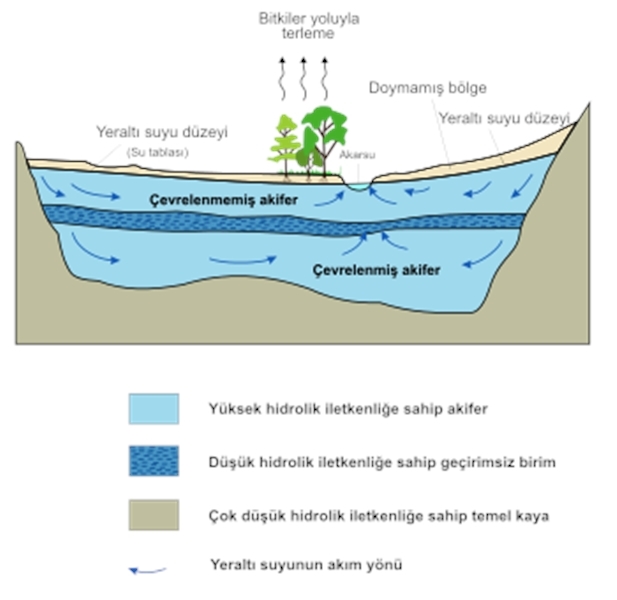Groundwater Researches

These studies are carried out by our company with geological, geophysical and hydrogeological surveys and measurements, as they are applied in all developed countries. Geological surveys are carried out in order to reveal the geological structure of the study area and its surroundings, the probability of finding groundwater units and the geometry of their discovery. These are the studies that guide the research. As a result of the studies, the geological map of the study area and the underground section are prepared.
Geophysical surveys and measurements are carried out in order to determine which of the options determined by geological surveys is valid, and the underground geometry that cannot be observed from the surface (the extent of the units underground, their thickness and depths, whether there is a covered fault, the physical conditions of the geological units under the ground, etc.).
Hydrogeological studies, on the other hand, enable the structure, which is revealed by geological and geophysical findings, to be examined in terms of groundwater. For this purpose, meteorological data are compiled and the water balance of the region is prepared from there. Water transport-transmission-resourcing characteristics of geological units and structural elements (faults, unconformities, etc.) are examined, possible properties of the water to be taken are determined with water chemistry, the most suitable well location/locations, depth and technical characteristics of the well to be drilled are selected.
Groundwater surveys are a form of insurance, as they determine whether or not water will be taken directly before the well is drilled. Thus, costly well drilling is avoided if the water possibility is not available or is very low.
In addition, there are many instances where water could not be drawn due to the wrong choice of well location or depth. In some places, salty or bad quality water was taken.
Groundwater surveys can be successful around 90% if applied as above and correctly.